Enter a surname, town name or other keyword to search the database. Remember to
allow for the different spellings of 'Mc' and 'Mac.' Good luck!
{Search tips: Use single word search terms for more results}
You must enter some valid character(s) into the search field
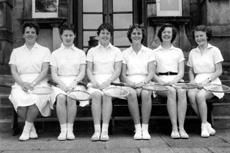
Reference: IRAA
Inverness Royal Academy Tennis...
|
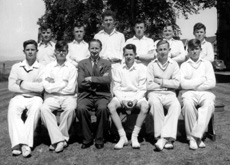
Reference: IRAA
Inverness Royal Academy Junior...
|

Reference: 35852
Mr Richards. ...
|
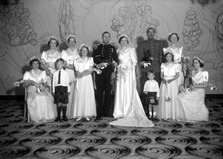
Reference: 31686b
Lt.Commander Richardson R.N, H...
|
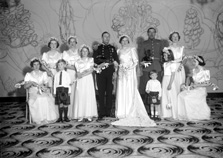
Reference: 31686a
Lt.Commander Richardson R.N, H...
|
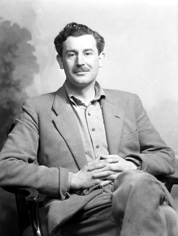
Reference: 40813b
Lord Lovat. Brigadier Simon Ch...
|
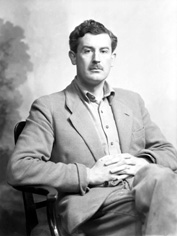
Reference: 40813a
Lord Lovat. Brigadier Simon Ch...
|
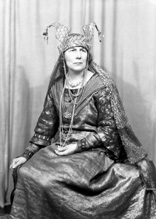
Reference: 29107b
Actress Nelly Hutin Britton wa...
|
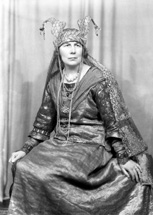
Reference: 29107a
Actress Nelly Hutin Britton wa...
|
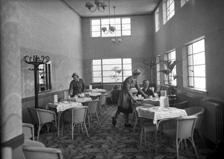
Reference: 32034e
Palace Cinema restaurant, Hunt...
|

Reference: 24322b
Miss Hardie, Dingwall. ...
|

Reference: 24322a
Miss Hardie, Dingwall. ...
|